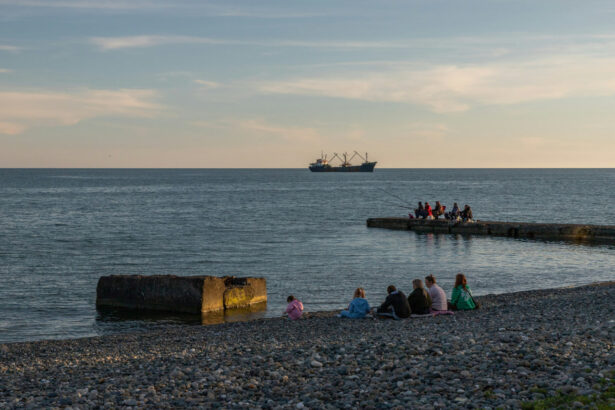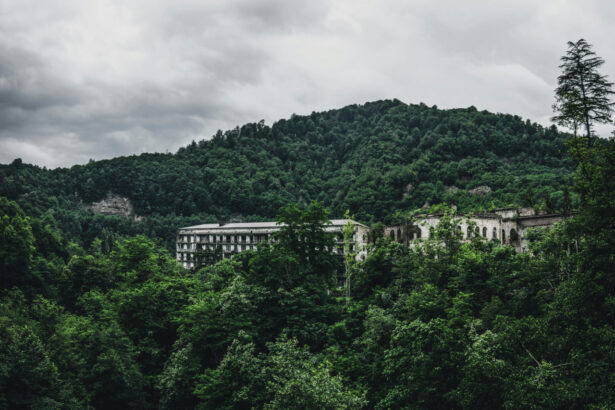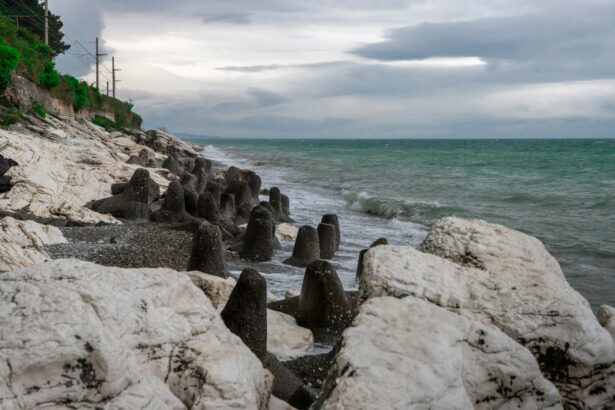url_data:
Array( [0] => turistam/safety-and-health/)
According to the Decree of the Government of the Russian Federation №635-R of March 16, 2020 for the purpose of ensuring state security, protecting public health and non-proliferation of a new coronavirus infection entry to the territory of the Russian Federation is restricted until further notice.
Tap the link for more information.
Insurance
According to Article 27 of the Federal Law of 15.08.1996 N114-FZ “On Procedure for Leaving and Entering the Russian Federation”, for the legal stay in Russia all foreign nationals are required to obtain medical insurance before they commence their journey, regardless of the purpose of their visit.
The insurance policy must meet the following requirements:
- cover the entire duration of the stay in Russia;
- indicate the geographical area of coverage as worldwide, Russian Federation or Europe (Russia included);
- contain the date, stamp and signature of the insurer, the policy number, the full name of person insured; the address and contact details of the insurer; the list of medical services and medical transport including repatriation.
We also recommend that the minimum coverage amount should be 35 000 $. An insurance company is selected by foreign nationals or their employers individually.
Travel medical insurance entitles foreign nationals to receive medical attention in healthcare institutions in Russia in the event of an illness or injury. Medical treatment will be provided free of charge only within the coverage amount. If medical expenses exceed the coverage amount, a foreign national will be expected to pay the rest of the sum themselves. It is recommended that you have sufficient coverage if you are planning to do extreme sports that will pay for possible surgery or evacuation by helicopter.
Along with medical coverage, your travel insurance policy can include coverage for baggage loss, trip cancellation, flight delays, rental car damage, public liability and other expenses that may incur unexpectedly during the trip.
A foreign national may be asked to produce their health insurance police at any time during their stay in Russia. According to the Article 18.8 of the Code of the Russian Federation on Administrative Offenses, foreign nationals can expect to be fined 2 000 to 7 000 ₽ (around 30 to 100 $, depending on a region) for having no medical insurance policy. The violation of this rule by a foreign national can also result in their deportation from Russia, especially if committed more than once.
More information on visa and health insurance requirements for foreign nationals can be found on the official websites of the Embassy of the Russia Federation, as well as Russian visa application centres abroad:
- VFS.GLOBAL (Belgium, Bulgaria, Denmark, France, Latvia, Poland, Romania, South Korea, Turkey, United Arab Emirates, United Kingdom);
- RussiaVisaCentre (Austria, Belgium, Bulgaria, Canada, Czech Republic, Denmark, Estonia, France, Germany, Greece, India, Latvia, Lithuania, Poland, Portugal, Romania, Singapore, South Korea, Switzerland, Turkey, United Kingdom, USA, Vietnam);
- Interlink Service (Australia, Croatia, Cyprus, Georgia, Hungary, Iran, Japan, Mexico, Norway, Philippines, Slovakia, Slovenia, Sweden);
- Russia Visa application centre (China).
Important: if there is visa-free travel between your country and Russia or you did not find travel medical insurance among the documents needed for the visa issuance, you are still obliged to obtain medical insurance that is valid throughout your trip.
Personal safety
In order to prevent possible adverse situations, the recommended rules of conduct should be followed:
1) in the street:
· avoid walking alone in deserted places, backstreets and poorly lit streets
· if you are mistreated or made the object of ridicule, do not respond to provocations;
· do not hitchhike and do not agree to be given a lift by strangers;
· do not carry with you and do not show a large sum of money to people around;
· make sure you have Google Maps or Yandex.Maps downloaded on your smartphone; if you are going to a place where there is no Internet or it is slow, you can save a map of an area from the mobile application to your smartphone or tablet and use it offline.
2) when using public transport (bus, trolleybus, tram, taxi):
· do not fall asleep in order not to leave your personal belongings (luggage) unattended;
· if there is no empty seat, stand in the centre of an aisle;
· try not to stand near the doors (robberies are most often committed there);
3) in the metro:
· hold on to the handrails when on the escalator;
· never stand near the edge of the platform; while waiting for a train, stand at a column or somewhere in the middle of the station until the train doors open;
· approach the car doors only after the train stops and passengers leave the car;
· there are rush hours in the metro, usually between 8.00 a.m. and 10.00 a.m., as well as 17.00 p.m and 19.00 p.m. Be aware that the stations would be overcrowded and it would take much longer to get to the destination point. Keep this in mind when planning your day.
4) in the crowd:
· in case of jostling, fold your arms up in front of you and try to hold the elbows at chest level; never hold your hands in your pockets;
· if the crowd is moving, do your best to retain your balance and stay upright on your feet (you should also drop any bulky things that you are carrying);
· it is better to follow the direction in which the crowd moves and walk closer to the center; it is dangerous to be near glass shop windows, walls or trees;
There is the single emergency number 112 in Russia. Using this number you can call the police, ambulance, fire department, rescue service, and emergency gas service.
Emergencies
Emergencies arise as a result of accidents, hazardous natural phenomena, catastrophes or other disasters that cause the death of people, injuries or damage to the environment.
24-hour monitoring of emergencies in Russia is performed by the Ministry of the Russian Federation for Civil Defense, Emergencies and Elimination of Consequences of Natural Disasters (EMERCOM of Russia). The EMERCOM website shows an interactive map with information on accidents, fires, traffic incidents, floods, inclement weather conditions, earthquakes, and other emergencies in the regions of Russia.
The English language version of the website provides daily reports and emergency forecasts.
The EMERCOM’s single hotline is +7 (495) 400-99-99.



